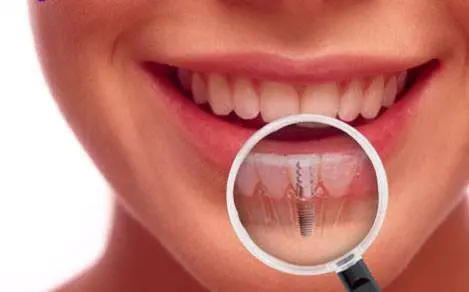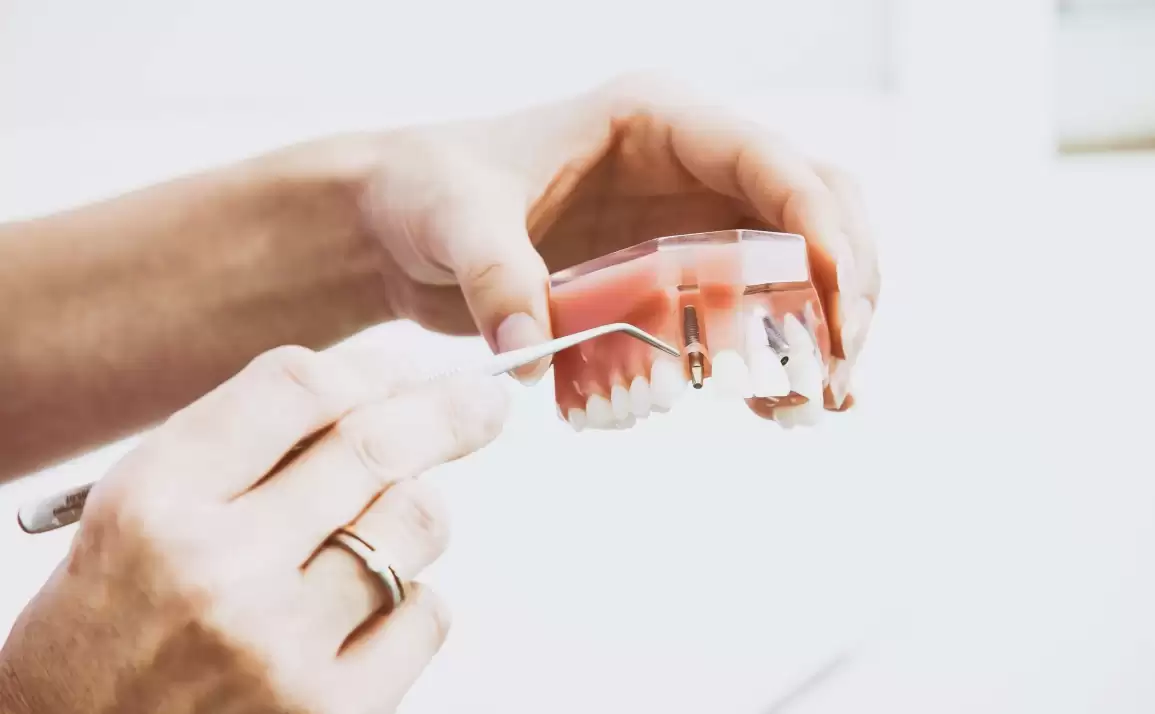Table of Contents
The dental implants in Melbourne; one step closer to getting your smile back! A dental implant is your best tooth replacement option that makes you feel like you got your natural teeth again by look and function. It is the only tooth replacement option that has a more than 95% success rate. Did you know dental implants have 98% success rate? All you have to do is maintain it properly, just brushing and flossing regularly. With this, you can make your dental implant last a lifetime. So what can you expect moving forward? This is what, we are going to see in this blog.
Recovering Process after Dental Implant Surgery
After your affordable dental implants in Melbourne, you will experience some degree of discomfort, which is temporary. You can get rid of those pain and discomfort by following your dentist’s instructions and medication. Some of the common after dental implant surgery discomfort are slight bleeding, gum and face swelling, pain from the implant site itself, and minor bruising. So, it is a must to follow your dentist’s aftercare guide provided to you.
- To speed up the recovery process,
- Consider using the antibacterial mouth rinse.
- Having regular dental check-ups
- Brush and floss daily twice
- Intake soft food, and drinks
- Avoid hard and crunchy foods.
- Ignore physical activities till the wound heal.
- Don’t use straw.
What to Expect During Dental Implant Surgery?
Before the procedure, your dentist will take an x-ray and know the issue. He will let you know the issue, and discusses the procedure and dental implants cost in Melbourne. After your approval, he will take the impression of the tooth that needs to replace. Before starting the dental implant procedure, then you give anesthesia to numb the surrounding area (to reduce the pain). If needed, the tooth or teeth extraction will be involved. After the first healing process, the dental implant will be placed into the bone with a special drill and tools. The second healing process will take place. Then a prosthetic component will be connected to the dental implant through a screw. It will serve to hold the replacement tooth or “crown”.
Dental Implant Preparation Procedure
Before dental implant surgery, your oral health should be in a good state. For that, you have to prepare yourself before surgery.
- You have to come with a driver for transportation.
- You have to use a special antibacterial mouthwash.
- You should not eat food before your surgery (on the day of surgery evening).
- It is essential to eat a healthy breakfast on surgery day.
- In addition, follow your dentist suggested pre-surgery instructions.
So, are you ready for dental implant procedure? Know the dental implants cost Melbourne and choose the right service provider who offers affordable dental service!



